“If I fart while I’m asleep, feel free to slap me.”
Not exactly the icebreaker I was expecting, but those were the first words from the person to my left. You’d be forgiven for thinking they came from an ex-lover - there’s a certain grim intimacy in the offer - but no. This is the woman in seat 43H. A complete stranger, who I’ll be sat beside for the next 14 hours on a long-haul flight.
Travel is mad, isn’t it?
I didn’t dream of far-flung places as a child - but life has taken me on a fair few journeys, by rail, road, and air. And looking back, it’s not just the destinations that changed, but the way I travelled - and how it felt to travel at all.
It’s easy to forget how extraordinary it is to board a plane in one country and wake up in another. I now live in Queensland but still “commute” to the UK, so long-haul flights have become a fact of life. But it hasn’t always been like this.
Just a few centuries ago, we lived on the same planet - aware, in theory, that other countries existed, but with about as much conviction or emotional connection as we have when talking about life on Mars. We knew they were *there*, sure. Maps hinted at their outlines, sailors told tales, and maybe someone you went to school with had a cousin who’d been to France, but for most people, these places were abstractions. Curiosities.
Growing up in southeast London during the ‘70s and ‘80s, most of our holidays were modest affairs, day trips or long weekends to coastal spots - places like Margate or Hastings, usually no more than an hour’s drive.
My real baptism of fire came with the annual pilgrimage to the port at Holyhead: a long, slow drive across the country, bumper to bumper with fellow Irish migrants - now parents - taking their children back to the motherland via the Sealink ferry.
I was not a good traveller. Car sickness remedies back then were mostly home-spun wisdom (look straight ahead, open a window) or mystical nonsense (sit on newspaper), plus the occasional attempt at pseudo-science - like the thin rubber strap my uncle bought from Halford’s, which dragged along the road to discharge static electricity from the car. It was supposed to make the ride smoother, and in retrospect felt like an Elon Musk prototype from a parallel universe - but alas, it was less rocket science, more rubber science, and only served to result in passer-by’s helpfully pointing to, “something sticking out the back of your car.”
Still, despite my deep-rooted aversion to car travel, it was inevitable that I’d one day end up behind the wheel myself. It was a natural rite of passage to learn how to drive, and my dear uncle was the brave soul who took on the mantle of instructor. A London bus driver, he had a wealth of experience on the roads and had already taught my mum (his sister), my dad, and my brother before me. But none of them challenged him quite as much as I did. All I’ll say is, the man had a full head of hair before my first lesson. By the end, he was visibly greying and speaking in tongues. To this day, he twitches slightly at the sound of an engine turning over.
I did pass my test, eventually, but for a very long time I avoided getting behind the wheel - which wasn’t difficult, as back then I commuted to work via public transport, and my evenings were spent out socialising, weekends much the same. Driving, to me, was a necessary evil - something I did only when there was absolutely no alternative.
That’s because, being naturally anxious, I saw potential disaster lurking around every corner. That fear led me to avoid it, which meant I never got enough practice to build confidence - creating a tidy little loop of dread, avoidance, and underexposure. Some people stall the car; I stalled the entire process.
I’ve long held the (wildly unscientific) theory that the best drivers are often unburdened by overthinking. The kind of people who just do things without spiralling into a 14-point mental risk assessment first. Obviously, there are exceptions to this (don’t @ me, Formula 1 fans), but as a card-carrying catastrophiser with a hyperactive imagination, I can confirm that a bit less thinking would’ve gone a long way on the A2.
After moving to rural Australia - specifically a place where public transport is as mythical as drop bears1 - I eventually had no choice but to get behind the wheel. However, in London during the ‘90s, I continued to give driving a wide berth, preferring instead to chase the sun via aeroplane to places such as Majorca, Minorca, Crete, Cyprus, and Zakynthos. Travel brochures were studied with the same intensity kids reserved for the Argos catalogue: pages dog-eared, hotels circled, dreams budgeted, and plans made.
These days, we’re used to hearing horror stories about stag and hen dos turning flights into airborne nightmares. The rise in disruptive behaviour, especially from the early 2000s, linked to lax airport drinking rules. But prior to that, even the rowdy Club 18-30 mob were relatively well behaved in the air. So I’ve no one to blame but me for the horrific return flight from Kos - an otherwise lovely Greek island known for its beautiful beaches, ancient ruins, and, most notably, The Stone Roses Bar, which proved to be my total undoing the night before we flew home.
Drinks were sunk, songs were belted out with gusto, and - as was standard operating procedure in those days - a lone bowl of chips was considered a perfectly acceptable dinner. But as the sun rose, laughter soon turned to tears. Let’s just say you don’t truly understand the meaning of blind panic until you’re wedged into a window seat on a four-hour flight, stomach gurgling ominously, realising with growing horror that the only toilet on board is occupied for what feels like a biblical length of time.
Happy days.
I graduated to longer flights in my late twenties after my mother’s side of the family were reunited with long lost relatives living in Boston, USA. Looking back, I marvel at my chutzpah, boarding a flight to the unknown, to meet a group of total strangers who had tracked us down, long before the emergence of ancestry websites - the risk of human trafficking obviously furthest from my mind….These were the days when airlines entertained with one big screen, strategically dotted around the plane. We weren’t given a choice as to what we were watching, and we didn’t expect one either. Most people had their noses buried in the latest blockbuster, paper copy tickets used as makeshift bookmarks.
That first solo trip felt empowering - an intoxicating mix of freedom and possibility. But over the years, the experience began to shift. The rise of online bookings in the late ‘90s and early 2000s made flights more affordable, while post 9/11, security measures tightened across the globe. Flying, once a carefree adventure where you could toss your toiletries into a case without thought for the tranny of the clear plastic bag, gradually became a no-frills affair - laden with rules, restrictions, and the grim ritual of preparation.
Plus, by now, I was reaching the age when my peers were getting married, moving further afield, and having children. The hedonistic days of spontaneous air travel were becoming few and far between. Instead, my journeys were mostly limited to the daily commute to my workplace in Chelsea - via train, tube, and bus. Flying was a different emotional experience too. I didn’t know it at the time, but 2009 saw the last time I’d fly with my parents, back to Dad’s hometown in Ireland, the year before he died.
Even the cab firm of my youth, Chali’s Cabs - strategically nestled in the New Cross one-way system, next to Morley’s takeaway - became a relic of the past. In its place, the corporate monster that is Uber. Where once we blindly believed the dispatcher’s claim that a car was “on its way,” we now watched the minutes tick by on our phones - only for the driver with the serial killer photofit to cancel at the last second because he couldn’t be arsed to go south of the river.
However, the real change came when I travelled further than I ever imagined, after reuniting with my now husband, who had moved to the other side of the world. Sure, I had heard of Australia, scenes of NYE fireworks on Sydney Harbour bridge, the obligatory news report on the sunny beaches, Christmas Day, but as previously mentioned, it was just so….far away…
Proving that life is what happens when you’re busy making other plans, no-one was more surprised than me when I found myself boarding my first flight from London to Brisbane - on Malaysia Airlines, no less. Yes, that Malaysia Airlines: the one that vanished en-route to Beijing and was shot down over Ukraine in 2014. But I was new to it all, blissfully nonplussed to its aviation history, and as I stretched out across a row of empty seats, I mused that this long-haul flying malarky wasn’t so awful after all.
It didn’t take many return trips, during the back-and-forth of my visa process, for me to realise that, in the grand scheme of things, not disappearing mid-air probably trumps a bit of legroom. Those early journeys opened my eyes to the vast disparity between airlines. I soon developed a loyalty to Emirates, my preferred carrier in the early days, but no matter how plush the seats or how slick the service, one thing never changed: the flights were always long.
Everyone approaches air travel differently. Some swear by window seats, content to stay put for hours without a single toilet break. Others, myself included, opt for aisle seats or extra legroom, valuing freedom of movement over views of cloud formations. There are those unusual creatures who chuck a few essentials in a bag - just a toothbrush, toothpaste, and some face wipes - and then stare into space for fourteen hours straight (or as the kids call it, raw-dogging a flight.) Then there are the meticulous individuals: podcasts downloaded, Kindle fully loaded, eye mask and sleeping tablets at the ready.
The two types of people I’m describing here are, of course, my husband and I.
While it’s deeply irritating to be married to someone so infuriatingly zen, I have to admit a grudging admiration for his laid-back approach to long-haul travel. I, on the other hand, am not so chill. I’ll do whatever it takes to make it through the ordeal - snacks, entertainment, meds, distractions - all systems go.
And yet, despite our wildly different strategies, solo trips over the years have taught me that flying alone comes with its own mixed baggage. Some journeys have been empowering - those first brave steps into the unknown, setting out for a new country, a new life. Others have been unexpectedly emotional. There are always tears when leaving my mum behind, and on more than one occasion I’ve found myself quietly sobbing mid-flight, headphones in, tray table up, over films that wouldn’t warrant more than a sniffle on terra firma. The most gut-wrenching of them all? Brooklyn - the story of a young Irish woman emigrating in the 1950s, torn between two homes and two lives. I was inconsolable somewhere over the equator, prompting concern from a flight attendant who wrongly assumed I’d been dumped via in-flight Wi-Fi. I was in fact a jet-lagged expat in an emotional headlock, watching a film that struck a little too close to home.
There have of course been lovely experiences, most tellingly when upgraded to business class, which makes the whole experience hugely enjoyable, but subsequent trips that much worse when flung back into the cheap seats, all the while knowing how it feels “upstairs”.
My stepdaughter (an actual rocket scientist) is currently working hard in the lab, and talks of work being done to develop ‘quiet’ supersonic jets for faster flights - so maybe one day, we’ll see something akin to the transporter invention I once dreamt of, here. She’s even mentioned scramjets, a kind of hypersonic engine that could, in theory, get you from London to Sydney in an hour or so, instead of the usual 24 - we’re talking speeds of over 10,000 km/h. Not that’s a flight I could rawdog.
And yet, even if the journey one day becomes a blur, the significance of travel will remain. Because it isn’t just about getting from A to B – it’s about what it means to go. A car journey, a train ride or a plane ticket can be a portal to freedom, escape, discovery, reunion, grief. Sometimes all at once. Over the years, the logistics of travel have become more tedious, the novelty has worn thin, and my tolerance for jet-lag has plummeted – but what hasn't changed is the strange, suspended magic of being between worlds.
Thank you for reading! If you enjoyed this piece, please click on the heart below ❤️
Other Ways to Support My Writing…
🔄 Restack and share, allowing others to find me.
🗣️ Leave me a comment - I always respond.
Leave me a tip 🍺 ☕️
Become a 🆓 or paid subscriber 👇
Thanks again for the lovely response to my previous piece, Bird Lady. A homage to our feathered friends.
https://www.australiangeographic.com.au/fact-file/fact-file-drop-bear-thylarctos-plummetus/





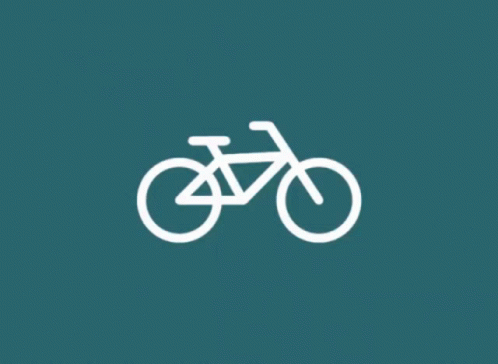
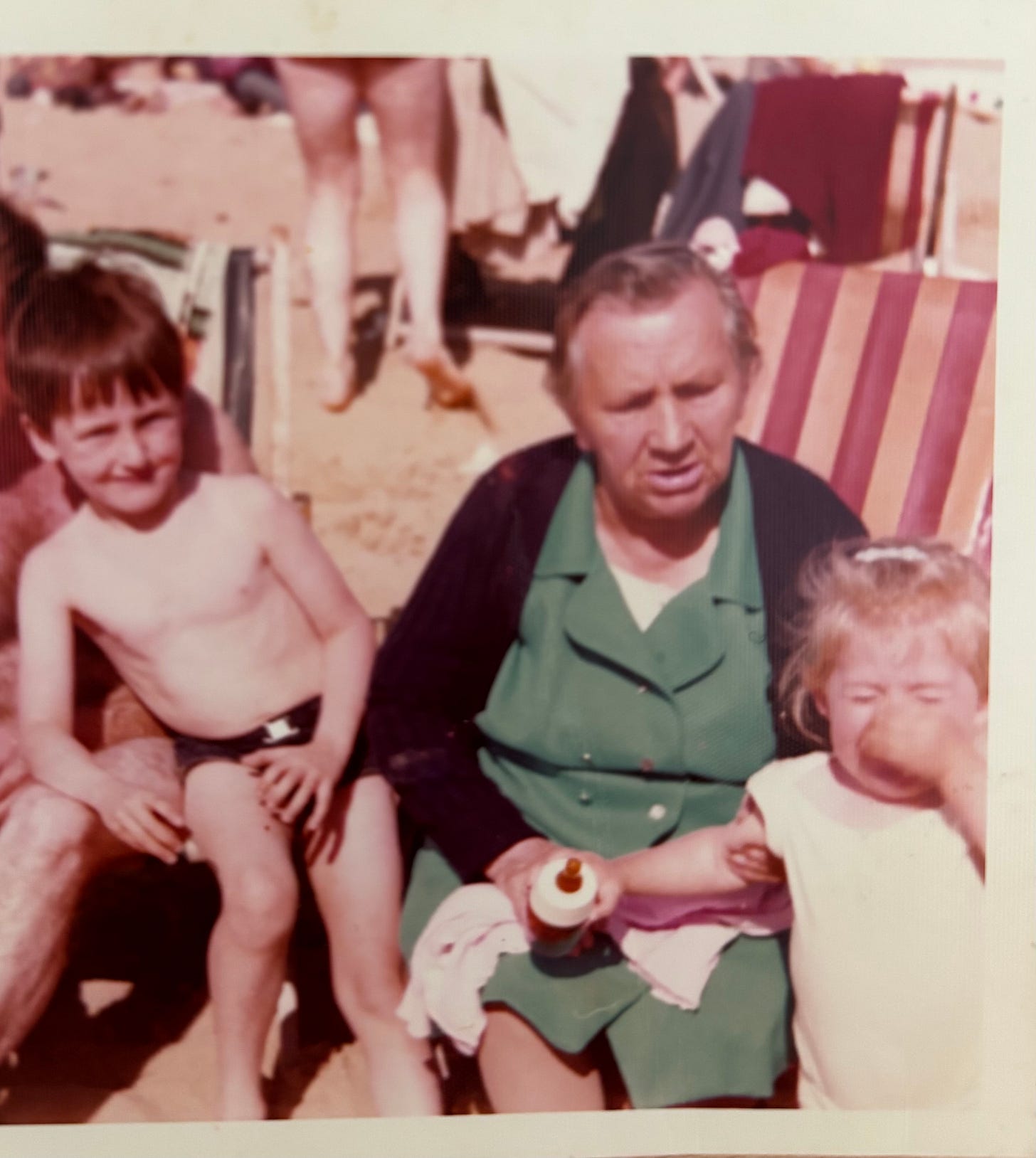
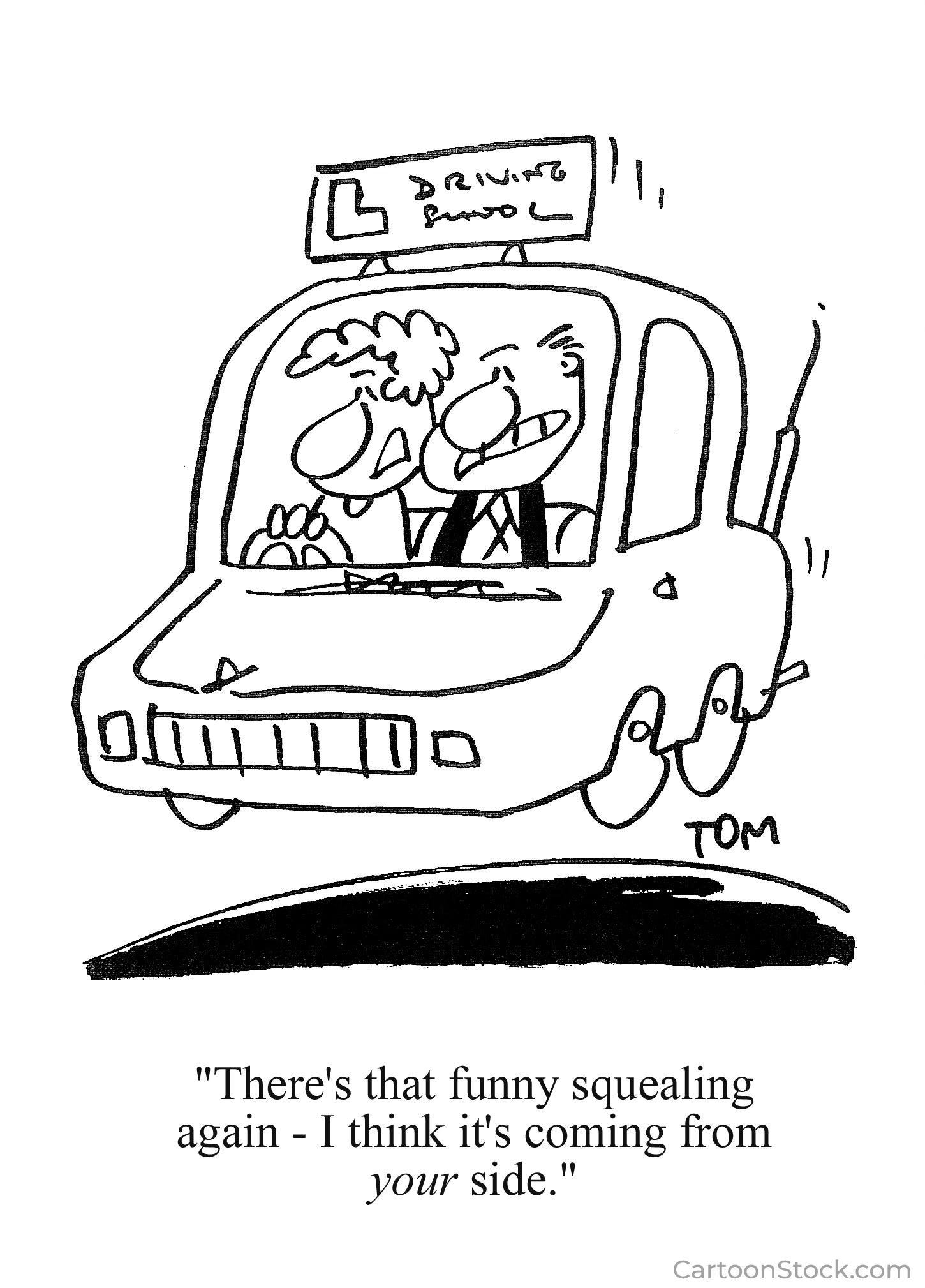
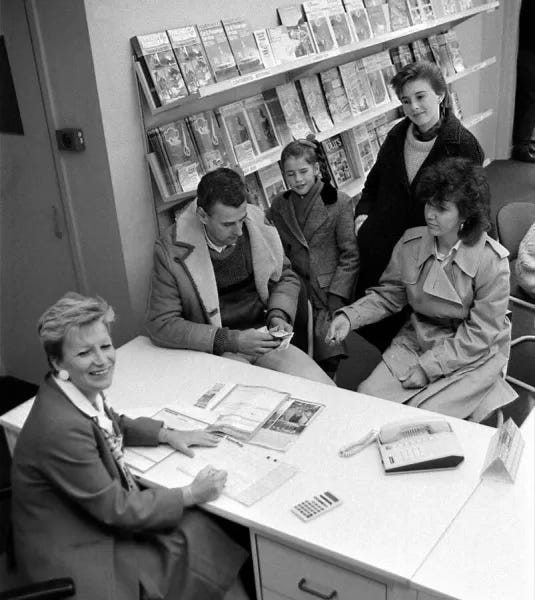
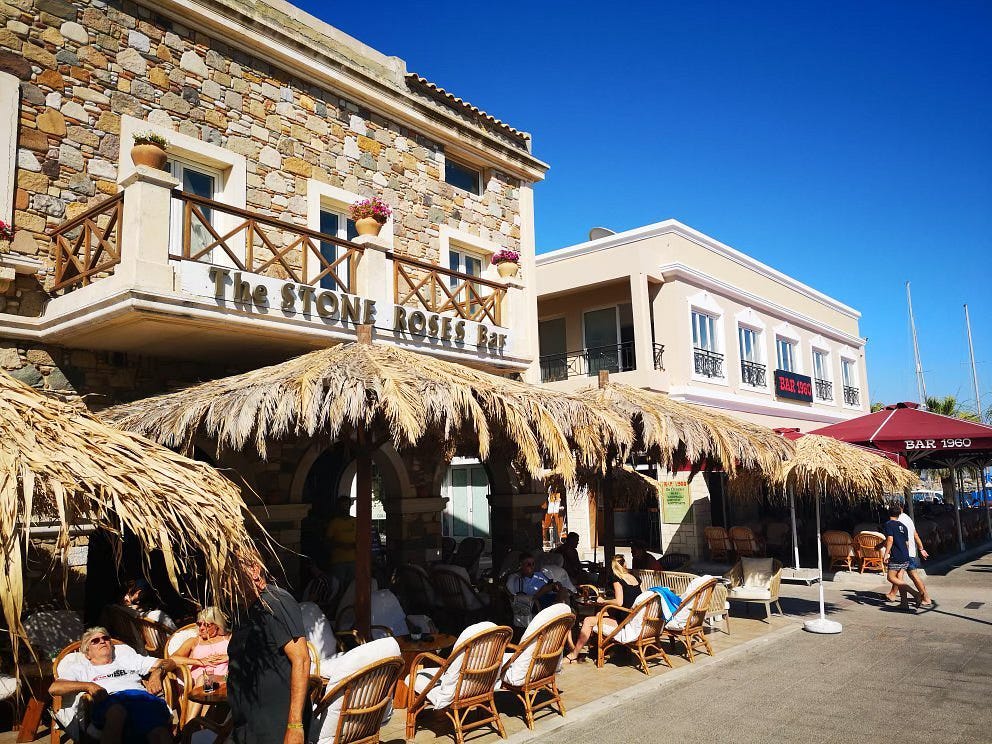
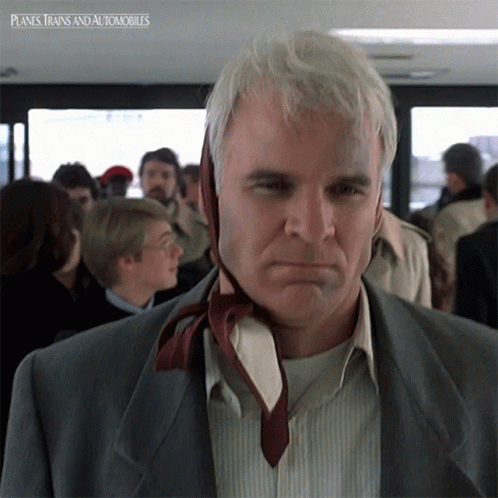


Oh I loved this and was nodding away. I am also a hugely anxious driver (that could fill a book!).
The Stone Roses bar made me chuckle and the hairy journey the next morning. And those poignant journeys to be with family.
I lived in Aus for a short time and my friend used to give me temazipan to manage the jet lag. It was the millennium though.
Oh this was an absolute joy to read. I am 100 per cent with you on driving. As for travel, my experience is fairly limited so it was a revelation reading about all your experiences. Brilliant piece. Thank you!